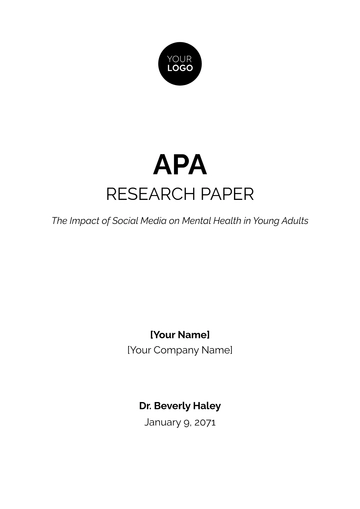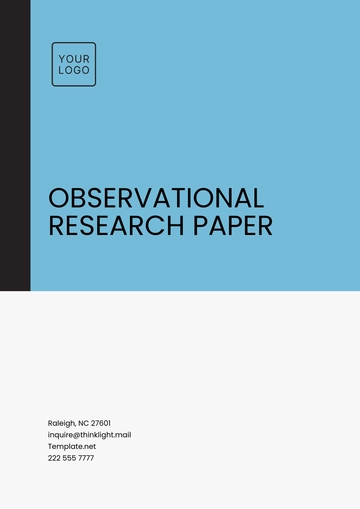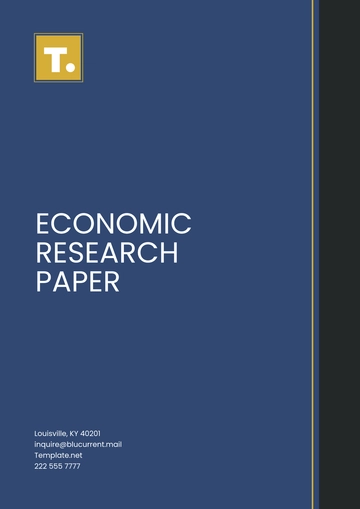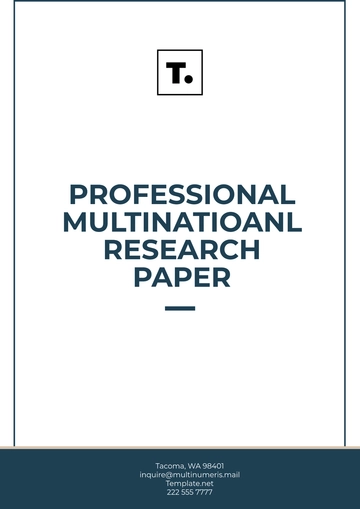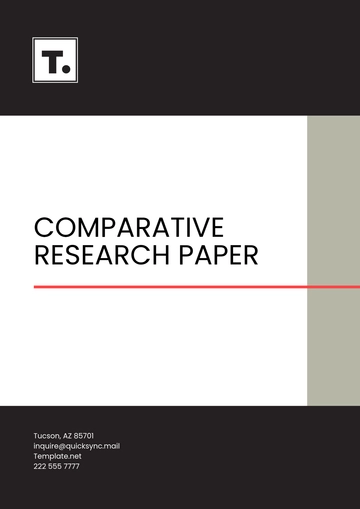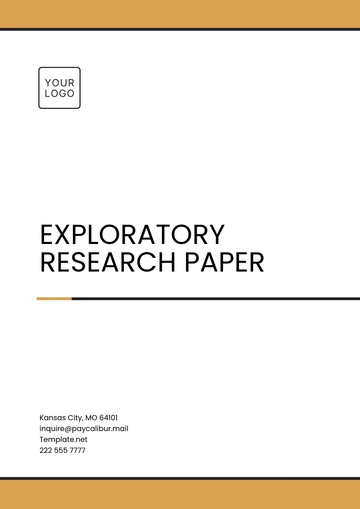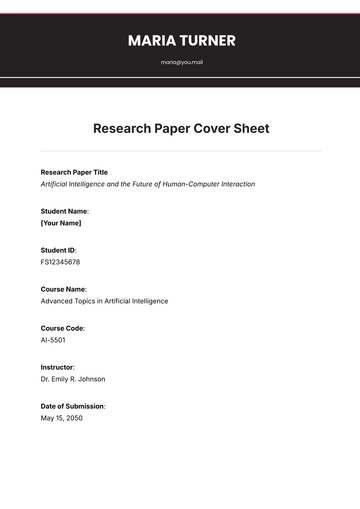Free Undergraduate Term Paper

I. Introduction
The term paper aims to explore the multifaceted impacts of climate change on global agriculture. This research will delve into the various dimensions of climate change, including temperature variations, precipitation patterns, and extreme weather events, and their influence on agricultural productivity, food security, and socio-economic stability.
II. Objectives
To understand the fundamental principles of climate change and its relevance to agriculture.
To examine the specific climatic factors that affect agricultural productivity.
To analyze the socio-economic implications of climate change on farming communities.
To evaluate potential mitigation and adaptation strategies for sustainable agricultural practices.
III. Literature Review
Existing research indicates a strong correlation between climate change and agricultural productivity. For instance, a study by Smith (2055) reveals that rising temperatures and altered precipitation patterns have reduced crop yields in tropical regions by up to 20%. Similarly, another study by Brown et al. (2060) highlights the increased frequency of droughts and their detrimental effects on soil fertility and water resources.
IV. Methodology
Step | Description |
|---|---|
Data Collection | Gathering historical climate data and agricultural yield records from various regions. |
Data Analysis | Using statistical tools to analyze the correlation between climatic variables and agricultural productivity. |
Survey | Conducting surveys with farmers to understand the socio-economic impacts of climate change. |
Case Studies | Examining specific instances of climate change impacts on local farming communities. |
V. Findings
Temperature Variations: Increased temperatures have led to higher evaporation rates, reducing water availability for crops.
Precipitation Patterns: Erratic rainfall has caused both flooding and drought conditions, destabilizing crop growth cycles.
Extreme Weather Events: The frequency of storms and hurricanes has resulted in significant crop and infrastructure damage.
Socio-Economic Impacts: Reduced agricultural output has led to higher food prices and increased poverty rates among farming communities.
VI. Discussion
The findings suggest that climate change poses a serious threat to global agriculture, necessitating immediate action on both the mitigation and adaptation fronts. Mitigation strategies could include reducing greenhouse gas emissions through sustainable farming practices, while adaptation measures might involve developing drought-resistant crop varieties and improving water management systems.
VII. Conclusion
Climate change significantly impacts global agriculture, affecting both productivity and socio-economic stability. To combat these challenges, a concerted effort involving scientific research, policy-making, and community engagement is essential. Future research should focus on developing innovative solutions and expanding the scope of current studies to encompass a broader range of climatic and agricultural variables.
VIII. References
Smith, J. (2055). The Impact of Climate Change on Agricultural Yields. Journal of Agricultural Science, 12(3), 45–59.
Brown, L., Thompson, P., & Green, R. (2060). Drought and Soil Fertility: A Global Perspective. Climate Research, 18(2), 205-217.
- 100% Customizable, free editor
- Access 1 Million+ Templates, photo’s & graphics
- Download or share as a template
- Click and replace photos, graphics, text, backgrounds
- Resize, crop, AI write & more
- Access advanced editor
Undergraduate Term Paper Template offered by Template.net. This fully customizable template is perfect for students aiming for top grades. Easily downloadable and printable, it's designed to simplify your term paper process. Plus, it's editable in our AI Editor Tool, allowing you to tailor the content to your specific needs effortlessly. Save time and achieve academic success with this essential resource.



